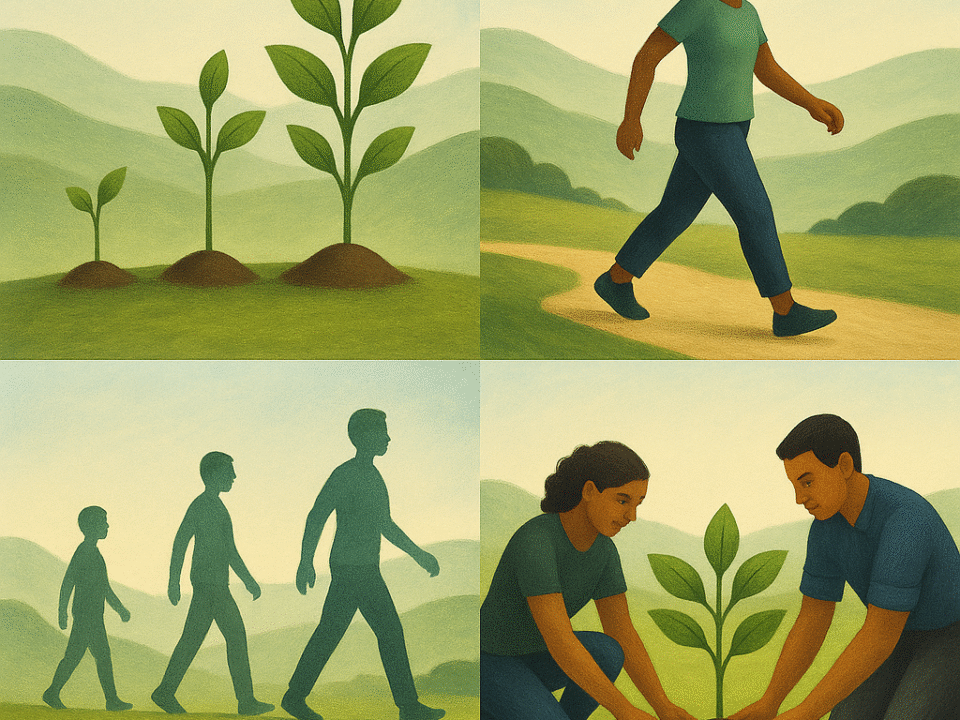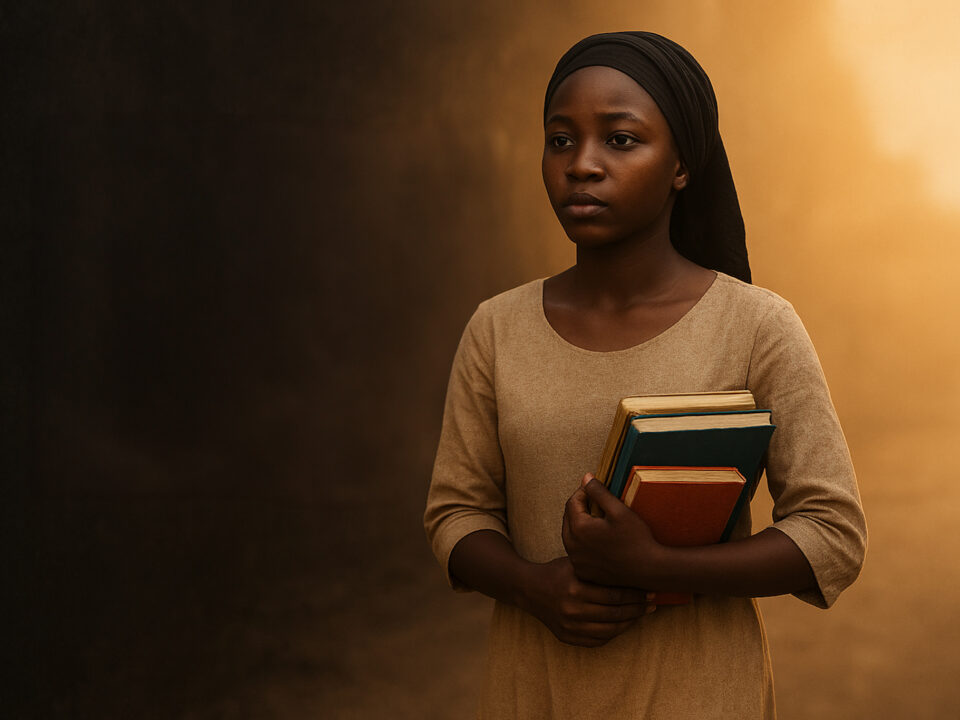
Living With Purpose: What It Is and Why it Matters
January 12, 2025
Overcoming Domestic Violence in Uganda: Breaking the Silence for All Victims
April 11, 2025Policy Brief: Building Resilience in the Girl Child through Gender-Complementary Approaches
Focusing on Africa and Developing Jurisdictions – A Case for Integrated Boy Child Engagement
Prepared for: Policymakers, Gender Development Partners, and Donor Agencies
Reference Framework: Inspired by the work of Hindu Asha Foundation and other resilience-focused models
Executive Summary
Efforts to raise a resilient girl child have been at the center of global and regional development goals. In Africa and other developing societies, programs aimed at empowering girls are achieving significant progress. However, emerging evidence suggests that resilience in girls is unsustainable without engaging the boy child.
Background and Rationale
Promoting resilience in children has gained traction as a tool for addressing adversity, conflict, poverty, and inequality. Resilience, defined as “ordinary magic” by Ann S. Masten (1999), is the capacity to thrive despite hardship. In Africa, the girl child faces layered vulnerabilities: early marriage, school dropout, abuse, and underrepresentation in decision-making.
Organizations like the Hindu Asha Foundation have made commendable strides in advocating for the girl child, particularly in challenging socio-religious contexts. However, when such advocacy excludes the boy child, it may lead to social imbalance. As boys remain disengaged, a gap forms—breeding misunderstanding, resentment, or passivity.
Key Policy Argument: Resilience Requires Complementarity
A resilient girl child cannot thrive in isolation. For her to succeed sustainably:
- She must understand and respect the role of the boy child;
- She must be equipped to coexist, lead with empathy, and navigate male-dominated spaces;
- The boy child must recognize the challenges girls face, and be trained to support, not dominate.
Recommendations for Policymakers and Donors
- Gender-Complementary Program Design: All resilience and empowerment programs targeting girls should include a boy child engagement component—education, dialogue, mentorship, emotional development.
- Curriculum Reform: Support ministries of education to incorporate modules on gender complementarity, emotional intelligence and inter-gender respect, and shared responsibilities in families, schools, and public life.
- Community Sensitization Campaigns: Invest in community-level awareness programs that highlight the mutual roles of boys and girls in breaking cycles of poverty, abuse, and inequality.
- Monitoring and Evaluation Metrics: Include gender-complementarity indicators in M&E frameworks. Track not just outcomes for girls, but also changes in male attitudes, gender cooperation, and shared leadership outcomes.
- Multi-Stakeholder Collaborations: Encourage joint efforts between civil society, schools, religious leaders, and government agencies to foster inter-gender dialogues and peer-support systems.
Conclusion
Raising a resilient girl child must go beyond female-focused programming. True resilience comes when boys and girls are empowered together, understanding their shared roles and responsibilities in building a more equitable society. Policymakers and donors hold the power to shift the paradigm—from isolated gender empowerment to inclusive societal transformation.
Select References
- Amoadu et al. (2024). Gender Differences in Academic Resilience and Well Being among Senior High School Students in Ghana. Children.
- Masten, A.S. (1999). Resilience in Development: Progress and Transformation. Development and Psychopathology.
- Educatius Global Survey (2023). Youth Resilience Report: Global Gender Gap.
- Ungar, M. (2006). Resilience Across Cultures. British Journal of Social Work.
- Positive Youth Development Model. (2022). Wikipedia.

About the Author
Rehemah Namujehe Mujoma is a Ugandan legal practitioner and gender justice advocate with over 15 years of multidisciplinary experience spanning law, governance, policy development, and grassroots empowerment. She holds a Master of Arts in Diplomatic Studies from the University of Leicester and a Certificate in Political Education & Leadership Development.
Drawing from her academic training in diplomacy and international law, she critically engages with structural inequalities and the policy frameworks that shape them. Her work focuses on legal and social transformation, with a strong emphasis on gender balance, youth inclusion, and institutional accountability in Africa and other Global South contexts.
Rehemah’s advocacy interrogates dominant narratives of empowerment, especially where global agendas overlook the interdependence between the girl child and the boy child in sustainable development. Her writing is informed by lived experience, field-based insight, and a commitment to building resilient, inclusive societies through evidence-based, values-driven policy dialogue.
Join the Conversation / Support This Work
Be part of a movement that believes in complementarity—not competition—in building resilience for the next generation.





3 Comments
There is an understated elegance in the writing, a sophistication that feels unforced, arising organically from careful attention to language and rhythm.
Here to appreciate your compliment-positive observations you have made on this article.Thank you
I just could not depart your website before suggesting that I actually enjoyed the standard info a person provide for your visitors? Is going to be back often to check up on new posts